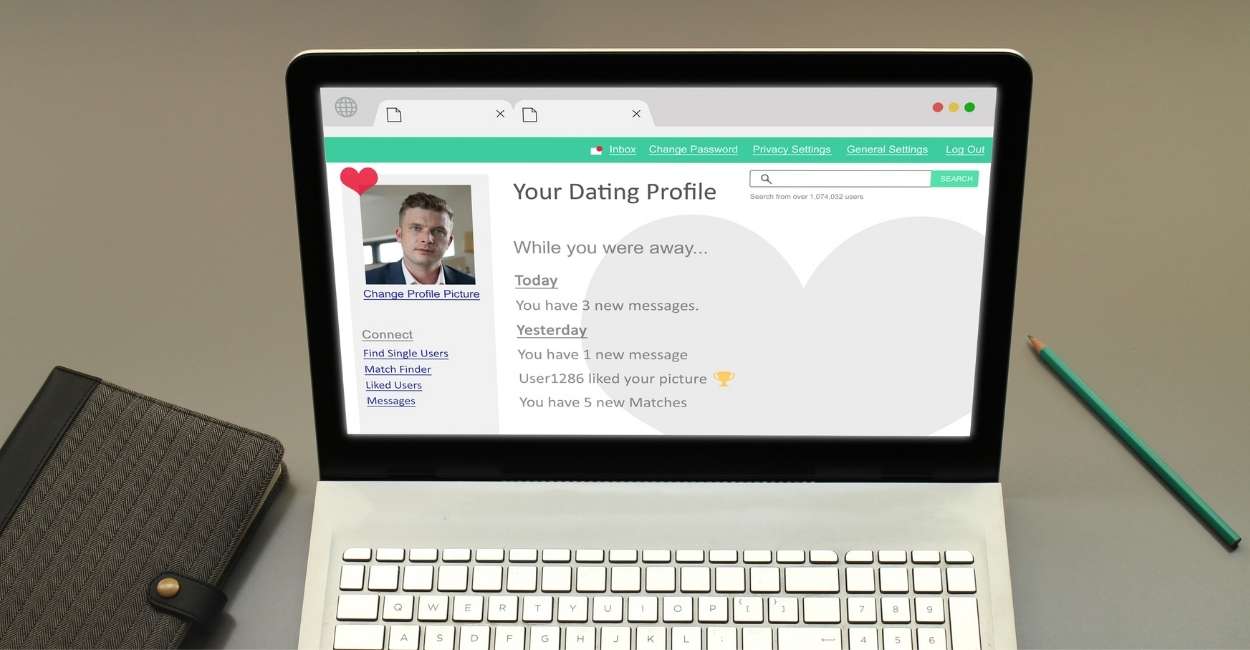
Many studies have been done to examine the addiction to smartphones and how it can be treated. The addiction can also impact the academic performance of children. This problem can be treated in a number of ways. They include treating the addiction and moderating the contributing factors.
Methodological challenges
Despite the fact that smartphones have been used to improve outcomes in many domains, their use in psychiatry is still a relatively new field. There are a number of methods for examining the efficacy of smartphone based treatments. Diffusion of Innovations is one method. Another option is to use apps to augment face–to-face treatment. Lastly, there are numerous smartphone-related apps that have been developed for both commercial and clinical use. The question is, what are the best smartphone-related apps for treating psychiatric patients?
An analysis of articles, studies, conferences, and other smartphone-related information was done. These results were used to compile a list containing smartphone-related RCTs. The list is organized by type of intervention, author affiliation, and other criteria. What is most remarkable about this list is that most RCTs were conducted outside of Western countries.
Designing smartphone-based treatment interventions is not without its challenges. This includes the development and implementation of pre-defined outcome measurements, careful recruitment, as well as a robust method. Additionally, it is necessary to define what adherence means.
Children's lifestyle and behavior
Whether your child is addicted to a smartphone or not, there are steps you can take to help them get over their addiction. You should monitor your child's time on the phone and encourage your child to take short breaks every 10 to 20 mins. It's also important to ensure that your child doesn't use their phone at night.

Studies have shown that excessive use of smartphones can reduce cognitive function, harm the brain's white matter and cause other health problems. Smartphone addiction is associated also with negative social behaviours, increased anxiety levels, and more depression.
Among teens, smartphone use is associated with more frequent rebellion against their parents. Teens might listen to authorities on other platforms and could also be susceptible to cyberviolence. However, mobile devices can support in-person relationship but it is important to monitor them.
Spending too much time on smartphones can cause cognitive impairment and other problems such as sleep disturbances, nervous system problems and depression. Smartphone addiction can lead to health problems and can also affect children's social development.
Moderating factors between smartphone addiction and academic performance
Various studies have explored the effect of smartphone addiction on academic performance. While some studies showed a negative effect of smartphone addiction on academic achievement, others did not find any relationship between academic performance and smartphone addiction. Researchers should look at moderating factors in order to understand the link between smartphone addiction, academic performance, and other aspects. The following research examined the relationship of smartphone addiction and academic procrastination.
The study revealed that academic procrastination is positively associated with smartphone addiction at a 0.01-level, while academic procrastination is negatively related to quality of living at a 0.01. Academic procrastination can be a well-known addiction. Studies show that postgraduate and undergraduate students are at greater risk of academic procrastination.
Although studies in the past have indicated significant differences regarding the incidence of smartphone abuse, not many studies have investigated the relationship between smartphone use and quality of living. However, these studies have not been conducted on different age groups.
Treatments for smartphone addiction

The use of a smartphone can have a detrimental effect on your mental and bodily health. It can lead directly to self-harming or substance abuse. There are options to overcome smartphone addiction.
The best treatment for smartphone addiction is to wean yourself off the phone. If you have trouble quitting, consider going to a professional for help. For a formal evaluation, you may need to visit a psychiatrist. You can also improve your mental health by engaging in self-regulation techniques.
Smartphone addiction can have a negative impact on your mental and physical health. It can lead to memory loss, cognitive impairment, and atrophy of communication skills. It can also lead to other impulse control disorders. Smartphone use can lead to unhealthy habits, regardless of whether you're a teenager or an adult.
Smartphone addiction is a very common problem. Half of smartphone users have some signs of addiction. There are many factors that can lead to addiction, including a physical dependence on drugs or mental health issues.
FAQ
My boyfriend would like to have sex. I disagree. What should I do next?
Sex is an intimate experience. It requires trust between partners. It's very unlikely that one of the partners will feel unsafe or uncomfortable during the act.
If you feel anxious or scared it is understandable why you would prefer to avoid sex.
But don't be afraid to hurt your boyfriend's feelings. Instead, talk to your boyfriend about the reasons you are hesitant.
Ask him if you're ready to have sex. Ask him what he would consider comfortable.
Listen to him. Don't judge him on the basis of your own emotions.
Relax if he states that he does not want to pressure or press you. However, if he claims that he would like to have sex, you need to work out how to overcome your fears.
You could simply practice safer sex. This could also mean talking to your doctor to learn about birth control.
No matter what your choice, you deserve to be happy. If you are worried about hurting your boyfriend's feelings then you owe it both to find a solution.
Can I trust my girlfriend/boyfriend?
It is normal to be concerned about whether or not your partner can be trusted. It's normal to worry about whether you can trust your partner.
Talk to your partner if you have any doubts about the relationship. Ask them if your partner is trustworthy.
If they are positive, you should continue to work with them. If they give negative feedback, you should probably end your relationship with them.
I've been dating my boyfriend for four months, and we're getting serious. Should I split up with him
It sounds as if you are beginning to see more potential within your relationship. That's great!
But before you jump into a new commitment, you need to be sure that you're ready.
It is not easy to end a relationship with someone you love. It means letting go of something that was once important to you. It is losing someone that was so important to you.
So if you truly believe that you're ready to end your relationship, then you need to be honest with yourself. Talk to your family members and friends. Share your feelings with them.
Don't keep it inside. They will help you to overcome any doubts.
Even if you're still uncertain, at the very least, consider ending the relationship before it becomes too serious.
Although you may not know when someone is ready to commit, it's possible. However, you can always tell if you're not ready.
Why does love disappear?
Love fades because we get used to each other. We become so familiar that we don't notice our differences anymore.
We lose sight on why we fell inlove with one another.
We start to wonder why our happiness isn't lasting.
It's easy to fall in love and be swept away. Everything else seems meaningless. Your partner is all you need to think about.
When you get tired of each other you begin to look at the things that make your unhappy.
You start to think: "I don't know if I really love him/her afterall."
This happens because your ex-partner has lost sight on what attracted them in the first place. The result is that you compare yourself to your ex-partner.
And you realize that they were better than you.
This realization leads you to ask yourself if your relationship should be continued.
But before you decide to end it, ask yourself these questions: Do you still enjoy being with your partner? Are you satisfied with your life as it stands now?
If the answer to both of these questions is yes, then you shouldn't break up.
Because you love being with your partner even when you are disappointed.
You know you deserve happiness.
Love is not a fleeting feeling. Keep loving until someone loves you back.
How do you handle an abusive relationship?
You must act now to prevent yourself from being back in this same situation.
You need to learn how to deal with rejection and disappointment.
It is also important to decide what you want now.
If you are going to change anything, then you have to decide right now what you are going to do differently.
It is important to set goals and then work towards them.
You have to stop blaming the others and start taking responsibility.
It is important to learn how to manage stress and anxiety.
Accept the fact that not all people will get you.
Learn to forgive yourself.
Statistics
- The story they tell predicts with 94% accuracy whether they will divorce in 3 years. (time.com)
- If you expect to get what you want 100% of the time in a relationship, you are setting yourself up for disappointment. (helpguide.org)
- Why Relationships Matter Find a therapist to strengthen relationships With the national rate of divorce hovering close to 50 percent, people understandably wonder how they can make a relationship last. (psychologytoday.com)
- It's less than 1% of the variation in overall marital satisfaction. (time.com)
External Links
How To
How to begin a relationship in the right way
To create memorable experiences for people, you don't necessarily need to have a large budget. You only need passion and perseverance.
Passionate people who wish to make a positive impact on the lives and livelihoods of others. Persistent people are those who stick at what they do until they succeed.
To begin a relationship, you only need to:
-
Find others who share your passions. They could be close friends, family, coworkers and neighbors, or classmates.
-
Get to know them. Ask lots of questions. Find out about their likes, dislikes, and interests. What drives them to do what they do? How did they get where they are today
-
Your passions and interests can be shared with them. Share what you love with them. Let them see what excites you.
-
Give them something in return. Always help them. Be generous. Pay attention to details. Listen to what they say.
-
Keep working with each other. One day, you'll be able to look back and see how you built a great friendship.
-
Remember to stay positive! No one wants to hang around negative people.
-
Enjoy life! Stressing about things you don't control is a waste of time.
-
Have fun. It's much more than work and making money. There is more to life than this.
-
Give your best effort to build relationships. Treat others with the same respect you would expect.
-
Keep your humility. Be aware that everyone has weaknesses and strengths. You're no different.
-
Don't be afraid to take chances. It is best to go outside your comfort zone in order to see how far you can travel.
-
Love deeply. It expands your heart when you share it with another person.